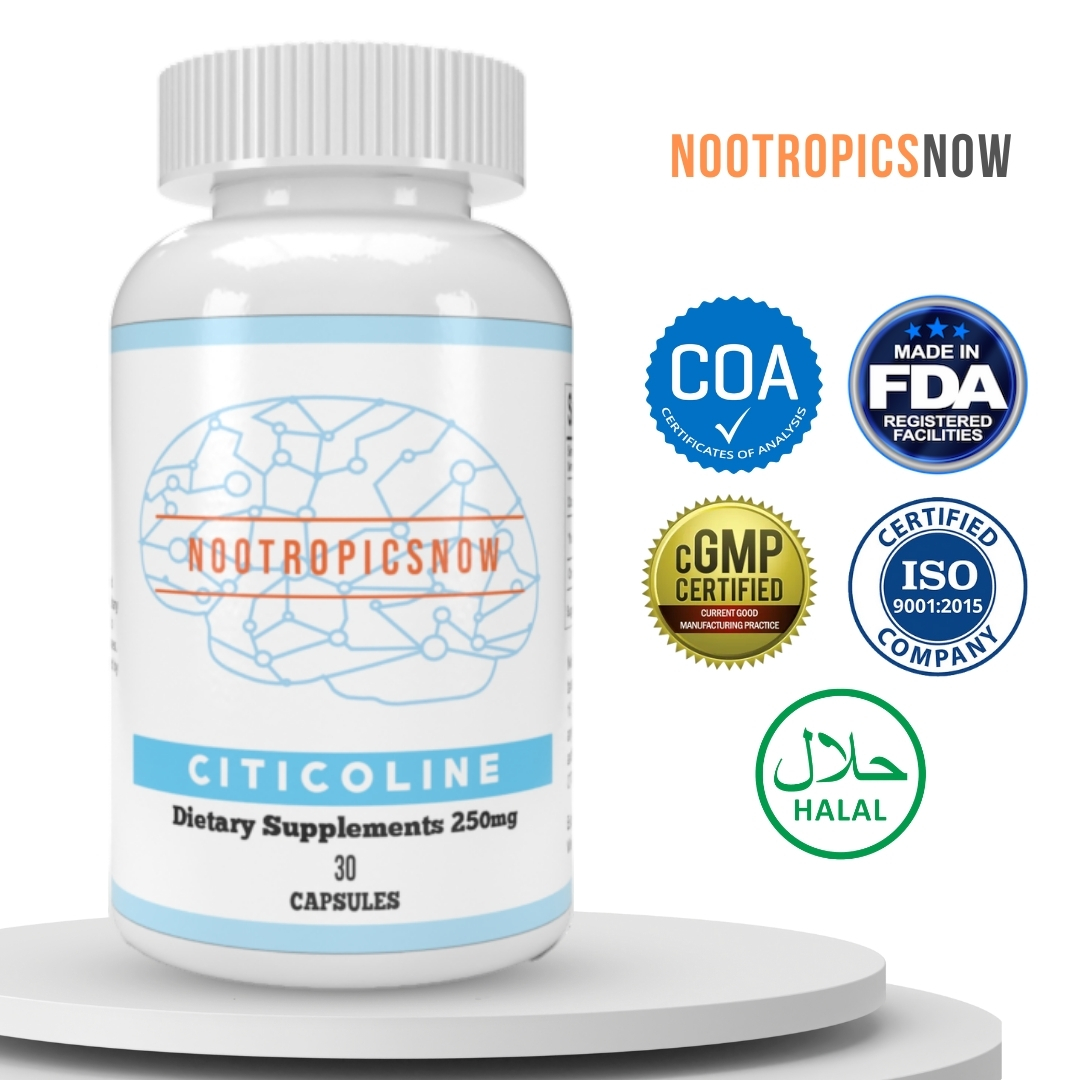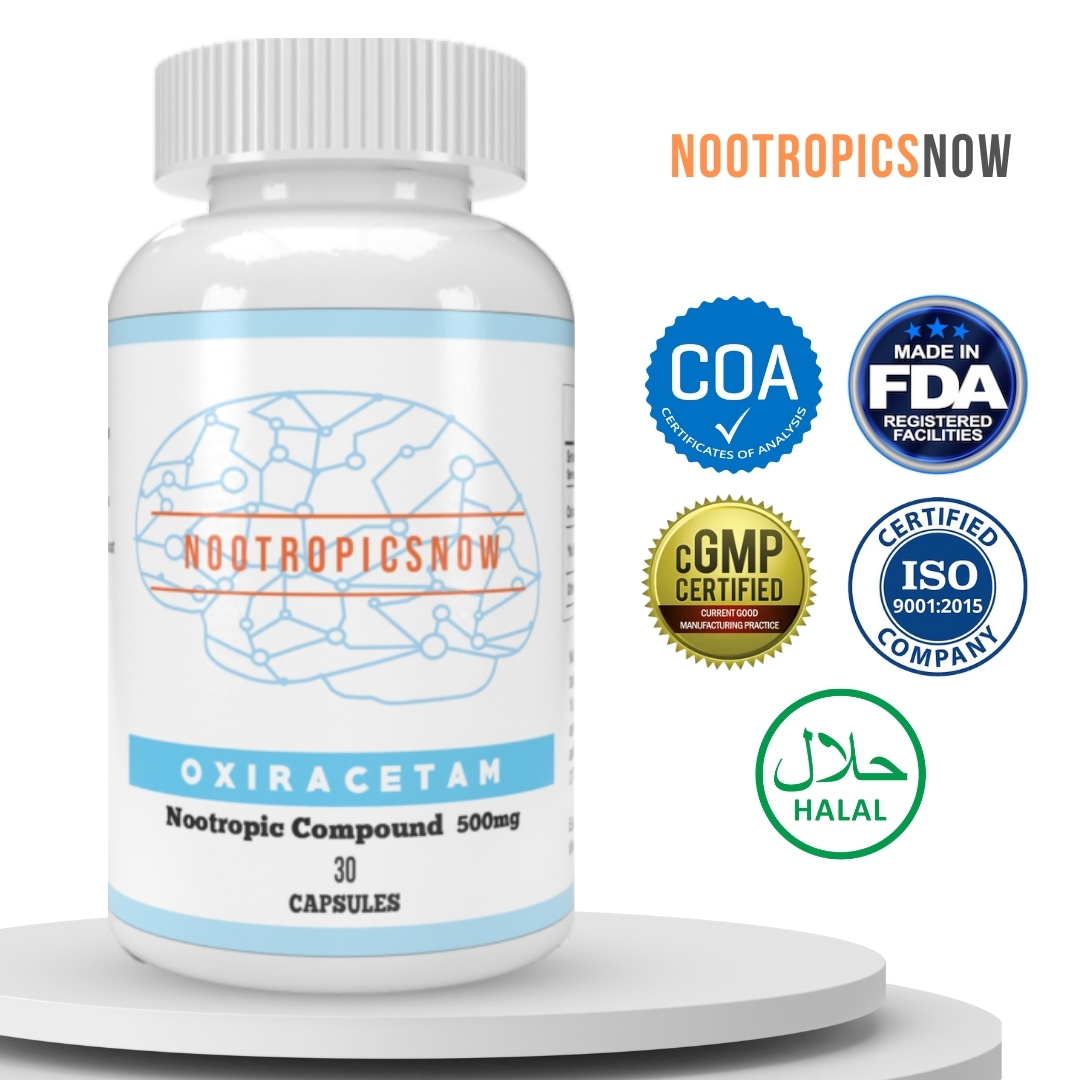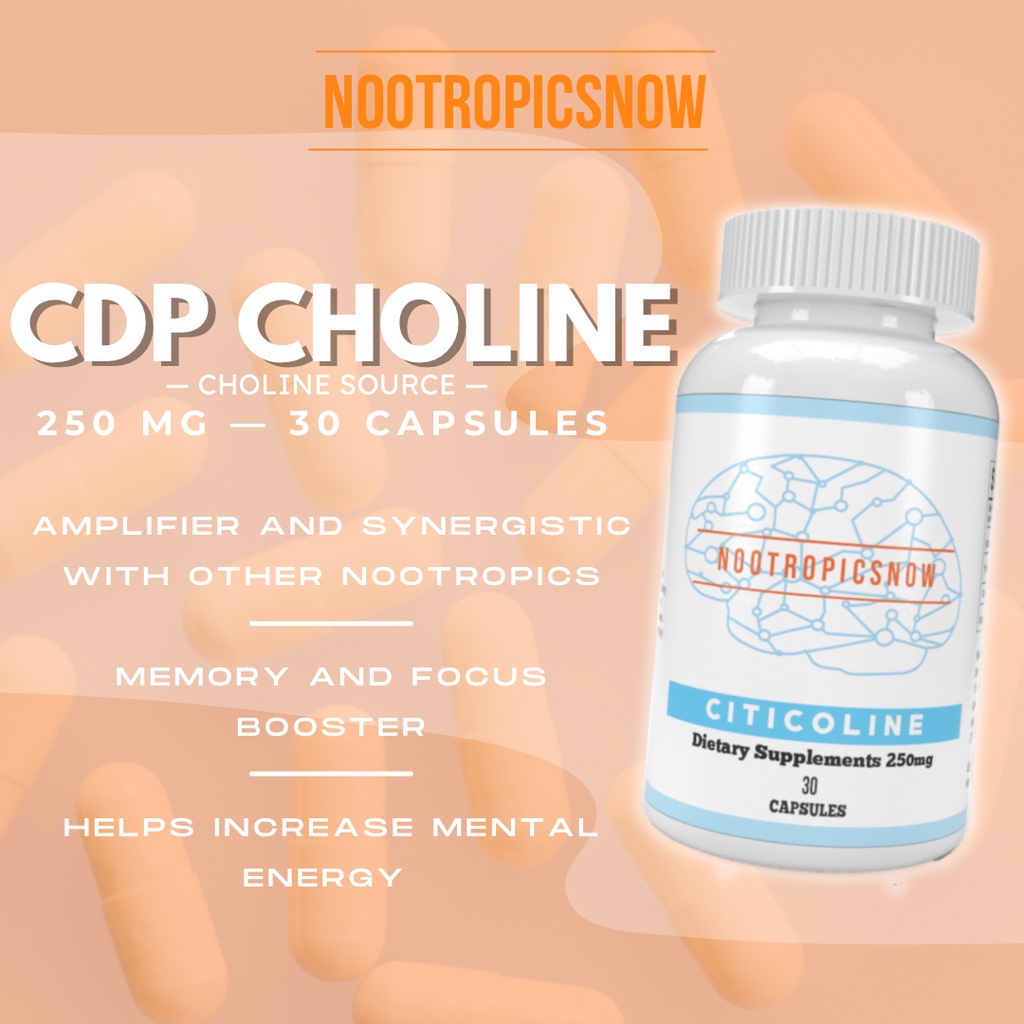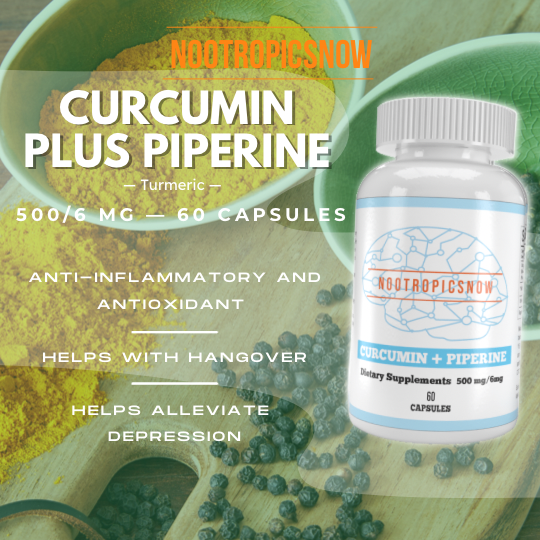Memory Enhancing Drugs: What Works?

`markdown
Drugs That Improve Memory: A Detailed Overview
Memory, a cornerstone of cognitive function, allows us to store, retain, and recall information. Memory impairment can significantly impact daily life, thus fueling research into drugs and compounds that can improve memory. This section provides a detailed overview of substances showing promise in this area.
Understanding Memory and its Decline
Before delving into memory-enhancing drugs, it’s crucial to understand memory processes. Memory encompasses several stages: encoding, storage, and retrieval. Each stage is susceptible to disruption, leading to memory problems. Factors contributing to memory decline include:
These factors highlight the complex nature of memory and why interventions require nuanced approaches. Consequently, developing effective memory-enhancing drugs presents a significant challenge.
Prescription Drugs for Memory Improvement
Several prescription drugs are used to treat memory loss associated with specific conditions. These drugs often work by targeting neurotransmitter systems in the brain.
Cholinesterase Inhibitors: Boosting Acetylcholine Levels
Cholinesterase inhibitors are a class of drugs primarily used to treat Alzheimer’s disease. They work by preventing the breakdown of acetylcholine, a neurotransmitter essential for memory, learning, and attention. By increasing acetylcholine levels in the brain, these drugs can temporarily improve cognitive function.
Examples of Cholinesterase Inhibitors:
It’s important to note that cholinesterase inhibitors don’t cure Alzheimer’s disease; instead, they offer symptomatic relief by improving cognitive function and slowing down cognitive decline for some individuals. However, their effectiveness varies, and they don’t work for everyone.
NMDA Receptor Antagonists: Regulating Glutamate Activity
Memantine is an NMDA receptor antagonist, meaning it blocks the action of NMDA receptors in the brain. These receptors are activated by glutamate, a neurotransmitter involved in learning and memory. In Alzheimer’s disease, excessive glutamate activity can lead to neuronal damage and cognitive decline.
Memantine is often used in combination with cholinesterase inhibitors for a more comprehensive approach to managing Alzheimer’s symptoms.
Ampakines: Enhancing Glutamate Signaling
Ampakines are a class of compounds that enhance the action of AMPA receptors, another type of glutamate receptor. By modulating AMPA receptor activity, ampakines can enhance synaptic plasticity and improve cognitive function.
Other Prescription Medications: Addressing Underlying Conditions
Memory problems can sometimes result from underlying medical conditions such as depression, anxiety, or sleep disorders. Treating these conditions with appropriate medications can indirectly improve memory function. For example, selective serotonin reuptake inhibitors (SSRIs) can improve mood and cognitive function in individuals with depression.
Over-the-Counter Supplements for Memory
Many over-the-counter supplements claim to improve memory and cognitive function. While some have shown promise in preliminary studies, it’s essential to approach these supplements with caution and consult with a healthcare professional.
Herbal Supplements: Harnessing Nature’s Potential
Several herbal supplements are marketed for their memory-enhancing properties.
Purchase Rhodiola Rosea here

View Product
Vitamins and Minerals: Essential Nutrients for Brain Health
Certain vitamins and minerals are essential for optimal brain function and memory.
Purchase CDP Choline here

View Product
Other Supplements: Exploring Additional Options
Other supplements are sometimes used for memory enhancement.
Purchase L-Theanine here

View Product
Lifestyle Factors: A Holistic Approach to Memory Enhancement
While drugs and supplements may play a role in improving memory, lifestyle factors are equally important. Adopting a healthy lifestyle can significantly impact cognitive function and memory.
Diet: Nourishing the Brain
A healthy diet is crucial for brain health. Focus on consuming:
Limit processed foods, sugary drinks, and unhealthy fats, which can negatively affect cognitive function. The MIND diet, which combines elements of the Mediterranean and DASH diets, has shown promise in protecting against cognitive decline.
Exercise: Boosting Brainpower
Regular physical exercise has numerous benefits for brain health. Exercise increases blood flow to the brain, stimulates neurogenesis (the growth of new brain cells), and improves cognitive function. Aim for at least 30 minutes of moderate-intensity exercise most days of the week.
Sleep: Restoring and Consolidating Memories
Adequate sleep is essential for memory consolidation. During sleep, the brain processes and stores information learned during the day. Aim for 7-9 hours of quality sleep per night.
Cognitive Training: Sharpening Mental Skills
Engaging in mentally stimulating activities can help improve cognitive function and memory. Activities such as puzzles, reading, learning a new language, or playing musical instruments can challenge the brain and promote cognitive reserve.
Stress Management: Protecting Against Cognitive Decline
Chronic stress can negatively affect memory and cognitive function. Practice stress-reducing techniques such as mindfulness meditation, yoga, or spending time in nature.
The Future of Memory Enhancement
Research into memory enhancement is an ongoing and rapidly evolving field. Scientists are exploring new drugs, supplements, and therapies that may hold promise for improving memory and cognitive function.
Emerging Treatments: Exploring Novel Approaches
These emerging treatments are still in the early stages of development, but they offer hope for the future of memory enhancement.
Conclusion
Improving memory is a complex challenge that requires a multifaceted approach. While drugs and supplements may offer some benefits, lifestyle factors are equally important. By adopting a healthy diet, exercising regularly, getting enough sleep, engaging in mentally stimulating activities, and managing stress, you can optimize brain health and memory function. Always consult with a healthcare professional before starting any new medications or supplements.
Disclaimer: This information is intended for educational purposes only and is not a substitute for professional medical advice. Always consult with a qualified healthcare provider for any questions you may have regarding your health. The effectiveness and safety of the drugs and supplements mentioned in this article may vary, and individual results may differ.
`
Drugs That Improve Memory
Memory loss and cognitive decline can significantly impact daily life, especially as we age or face neurological conditions. Fortunately, research has yielded several drugs and compounds that can potentially improve memory and cognitive function. These interventions work through various mechanisms, targeting neurotransmitter systems, neuronal protection, and overall brain health.
1. Cholinesterase Inhibitors: Boosting Acetylcholine Levels
Cholinesterase inhibitors (ChEIs) are a class of drugs primarily used to treat Alzheimer’s disease and other forms of dementia. These medications work by preventing the breakdown of acetylcholine, a neurotransmitter vital for learning and memory. By inhibiting cholinesterase, the enzyme responsible for breaking down acetylcholine, ChEIs increase the availability of this neurotransmitter in the brain. Consequently, this enhanced cholinergic activity can improve cognitive function, including memory, attention, and reasoning.
Examples of Cholinesterase Inhibitors:
Mechanism of Action:
Cholinesterase inhibitors selectively bind to and block the activity of acetylcholinesterase in the synaptic cleft. Therefore, this action allows acetylcholine to persist in the synapse longer. Consequently, this prolongs its action on postsynaptic receptors. This enhanced cholinergic signaling improves the efficiency of neural circuits involved in memory and cognition.
Effectiveness and Limitations:
While ChEIs can provide symptomatic relief and modest improvements in cognitive function, they do not cure or halt the progression of Alzheimer’s disease. Moreover, the effectiveness of these drugs varies among individuals, and their benefits may diminish over time. In fact, common side effects include nausea, vomiting, diarrhea, and loss of appetite.
2. Memantine: Regulating Glutamate Activity
Memantine is an N-methyl-D-aspartate (NMDA) receptor antagonist approved for the treatment of moderate to severe Alzheimer’s disease. Unlike cholinesterase inhibitors that target the cholinergic system, memantine modulates the glutamatergic system. This system involves glutamate, a major excitatory neurotransmitter in the brain.
Mechanism of Action:
Memantine works by blocking NMDA receptors, which are activated by glutamate. In Alzheimer’s disease, excessive glutamate activity can lead to excitotoxicity, damaging neurons. Memantine helps regulate glutamate activity by binding to NMDA receptors and preventing overstimulation. Therefore, this reduces excitotoxicity and protects brain cells from damage.
Benefits and Usage:
Memantine can improve cognitive function, including memory and attention, and may also reduce behavioral symptoms such as agitation and aggression. It is often prescribed in combination with cholinesterase inhibitors for more comprehensive management of Alzheimer’s disease. Although, common side effects include dizziness, headache, confusion, and constipation.
3. Ampakines: Enhancing Glutamate Receptor Activity
Ampakines represent a class of nootropic drugs that enhance cognitive function by modulating the activity of AMPA receptors. AMPA receptors are a subtype of glutamate receptors crucial for synaptic plasticity, learning, and memory. By potentiating AMPA receptor activity, ampakines can improve neuronal excitability and enhance cognitive performance.
How Ampakines Work:
Ampakines work by increasing the sensitivity and responsiveness of AMPA receptors to glutamate. This allows for stronger and more sustained synaptic transmission. Consequently, this enhanced glutamatergic activity can boost synaptic plasticity, the ability of synapses to strengthen or weaken over time in response to experience. Therefore, this mechanism is essential for learning and memory formation.
Potential Benefits and Research:
Research suggests that ampakines may improve memory, attention, and executive function. Therefore, this indicates that ampakines may be beneficial for individuals with cognitive impairments. Though, more research is needed to fully understand the long-term effects and safety of ampakines. Consequently, no ampakines are currently approved for widespread clinical use.
4. Racetams: A Diverse Group of Nootropics
Racetams are a class of synthetic nootropics that have been explored for their potential cognitive-enhancing effects. These compounds share a pyrrolidone ring structure and are structurally related to gamma-aminobutyric acid (GABA). However, their mechanisms of action are diverse and not fully understood. Some common racetams include piracetam, aniracetam, oxiracetam, and pramiracetam.

View Product
Proposed Mechanisms:
Racetams are believed to influence various neurotransmitter systems, including acetylcholine, glutamate, and dopamine. They may also enhance neuronal membrane fluidity and mitochondrial function. Though, this would improve neuronal communication and overall brain function.
Reported Benefits:
Users of racetams often report improvements in memory, learning, focus, and mental clarity. However, scientific evidence supporting these claims is mixed, and more rigorous studies are needed to confirm their efficacy. In addition, racetams are generally considered safe, but some individuals may experience side effects such as headache, anxiety, and insomnia.
5. Natural Compounds and Supplements
In addition to pharmaceutical drugs, several natural compounds and dietary supplements have been investigated for their potential to improve memory and cognitive function. Some notable examples include:
6. The Role of Lifestyle Factors
While drugs and supplements can play a role in improving memory, lifestyle factors are equally important. A healthy lifestyle that supports brain health includes:
7. Future Directions in Memory Enhancement Research
Research into memory enhancement is an ongoing field with several promising avenues for future investigation. These include:
Conclusion
Improving memory is a multifaceted endeavor that requires a comprehensive approach. While several drugs and supplements have shown promise in enhancing cognitive function, they should be used in conjunction with lifestyle modifications and under the guidance of a healthcare professional. As research continues to advance, new and more effective interventions for improving memory and preventing cognitive decline are likely to emerge.






